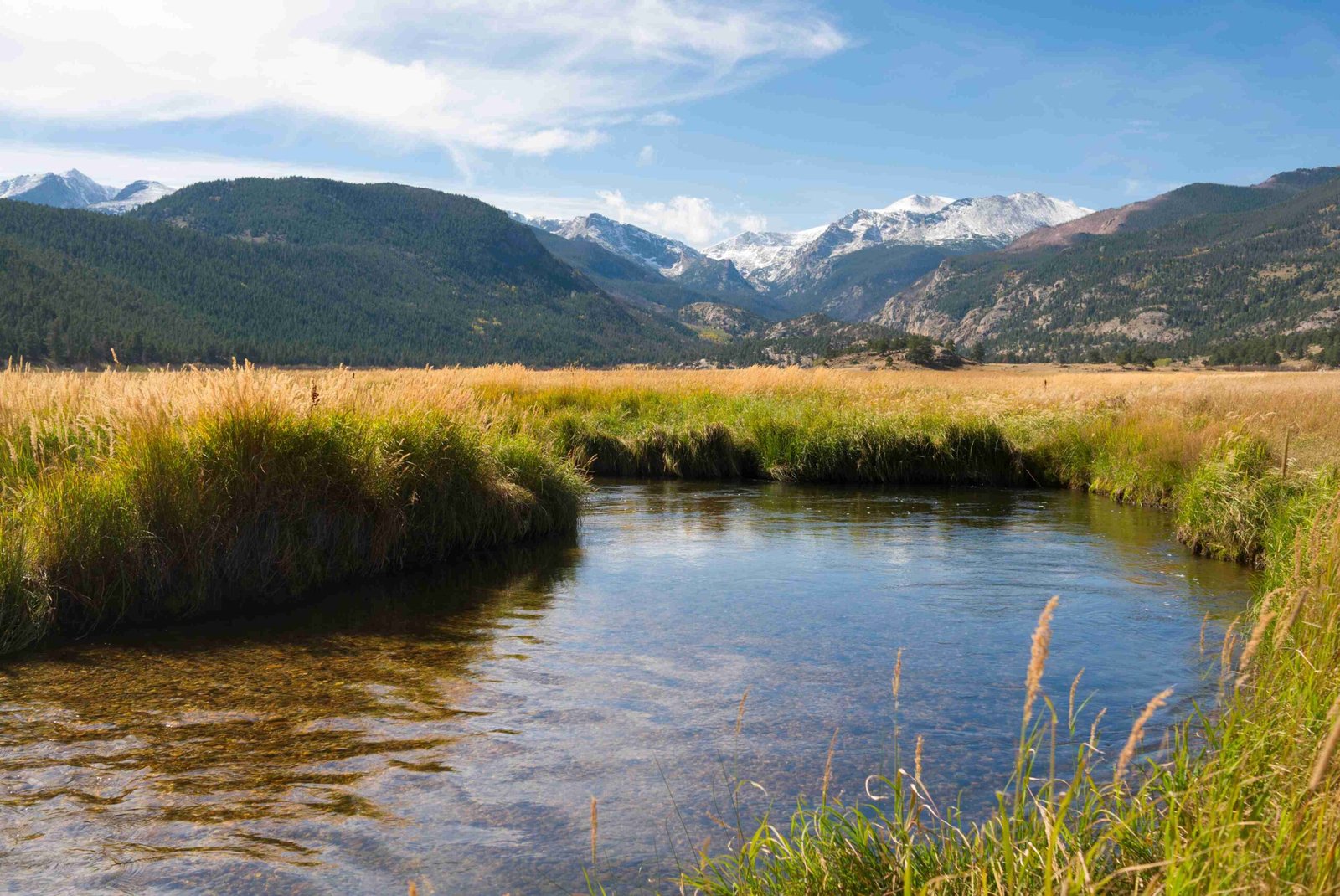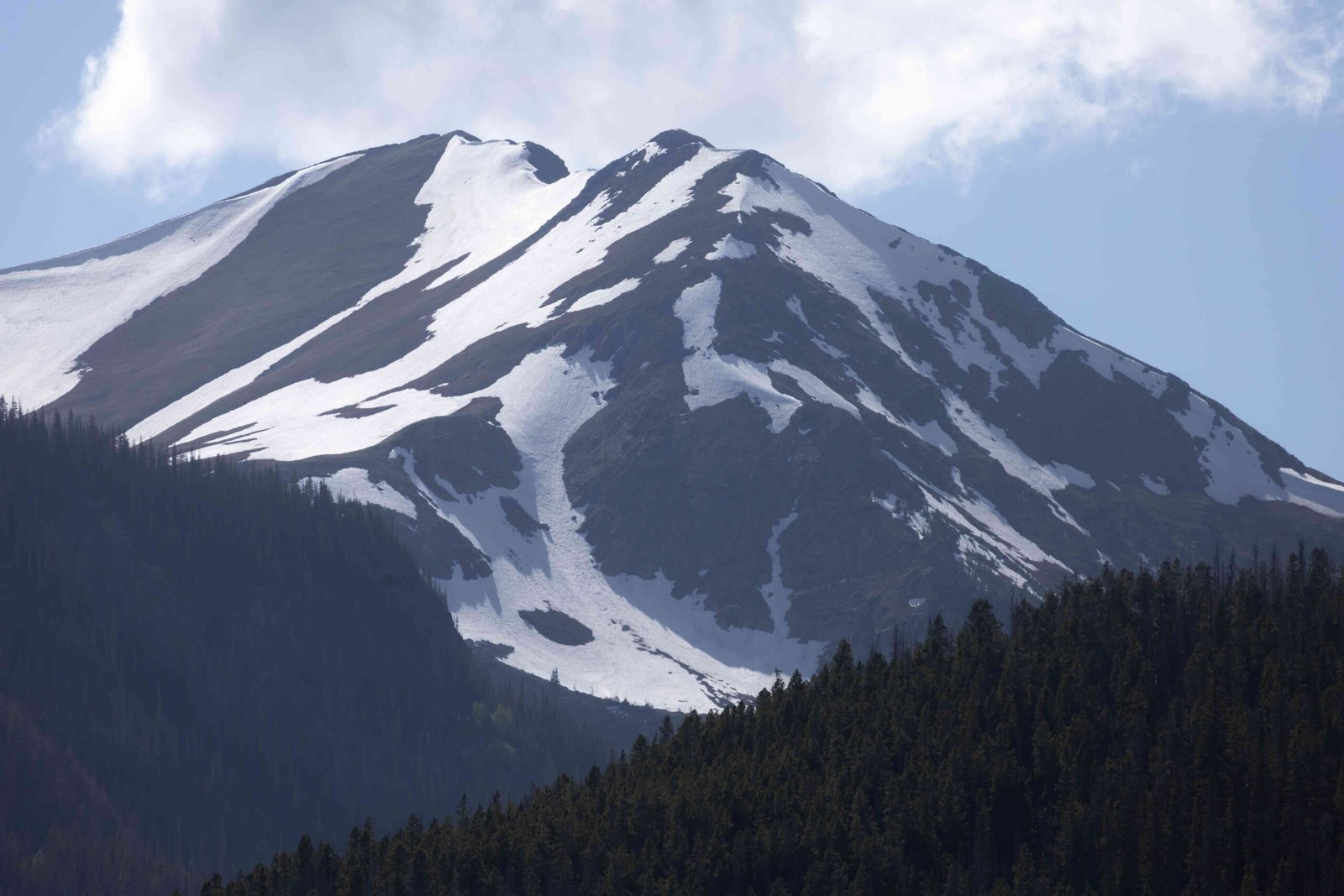Rocky Mountain National Park hidden gems offer visitors a chance to explore lesser-known trails, viewpoints, and wildlife areas away from the crowds. These secluded spots showcase the park’s diverse landscapes, from cascading waterfalls and alpine lakes to historic ghost towns and wildlife-rich meadows. Discover these hidden treasures to experience the true essence of Rocky Mountain National Park’s natural beauty and tranquility.
What Are the Must-Visit Hidden Trails in Rocky Mountain National Park?

Rocky Mountain National Park boasts several hidden trails that offer unique experiences for adventurous hikers. Here are some of the most captivating hidden trails:
- Calypso Cascades and Ouzel Falls Trail
- Location: Off the Wild Basin Trailhead
- Length: 5.4 miles round trip
- Difficulty: Easy
-
Highlights: Stunning waterfall views, vibrant wildflowers, and less crowded than popular trails
-
Lake Verna and Spirit Lake Trail
- Location: Off the East Inlet Trailhead
- Length: 13.8 miles to Lake Verna (can be combined with Spirit Lake)
- Difficulty: Moderate
-
Highlights: Picturesque alpine lakes, scenic views, and fewer crowds
-
Lulu City Trail
- Location: Off the Colorado River Trail Trailhead, near Grand Lake
- Length: 7.4 miles round trip
- Difficulty: Moderate
-
Highlights: Historic 1880s mining camp ruins, follows the Colorado River
-
Timber Lake Trail
- Location: Off Trail Ridge Road, just before the first hairpin curve
- Length: 9.2 miles round trip
- Difficulty: Strenuous
-
Highlights: Alpine basin views, potential wildlife sightings, backcountry camping options
-
Cascade Falls Trail
- Location: North Inlet Trailhead on the east side of the park
- Length: 6.8 miles round trip
- Difficulty: Easy
- Highlights: Multi-tiered waterfall, potential moose and elk sightings
Where Are the Secret Viewpoints in Rocky Mountain National Park?

Discover these hidden viewpoints for breathtaking panoramas and photo opportunities:
- Summerland Park Viewpoint
- Location: Northeast of Grand Lake
- Best time for photography: Early morning or late afternoon
- Accessibility: Drive-in 1.7 miles to the trailhead
-
Highlights: Open meadows, willow stands along North Inlet Creek, wildlife viewing
-
Timber Lake Viewpoint
- Location: Off Trail Ridge Road
- Best time for photography: Early morning or late afternoon
- Accessibility: Moderate to strenuous 4.6-mile hike (one way)
-
Highlights: Alpine basin views, Never Summer Range vistas
-
Estes Cone Viewpoint
- Location: Off the Estes Cone Trailhead
- Best time for photography: Early morning or late afternoon
- Accessibility: Challenging 4-mile round trip hike
- Highlights: Panoramic views of the national park from the summit
What Lesser-Known Wildlife Can Be Spotted in Rocky Mountain National Park?
While elk and mule deer are common sights, the park is home to several lesser-known wildlife species:
- Moose
- Habitat: Wet meadows and willow stands (e.g., Summerland Park, North Inlet Creek)
- Best viewing times: Early morning and late afternoon
-
Recommended activity: Quiet hikes through meadows and along creeks
-
Bighorn Sheep
- Habitat: Alpine and subalpine areas (e.g., Timber Lake area)
- Best viewing times: Late morning to early afternoon
-
Recommended activity: High-elevation hikes, scanning rocky outcrops
-
Bobcats
- Habitat: Forested areas and rocky outcrops (e.g., Never Summer Wilderness)
- Best viewing times: Early morning and late evening
- Recommended activity: Strenuous hikes in less frequented areas, looking for tracks
| Wildlife Species | Habitat | Best Viewing Times | Recommended Activities |
|---|---|---|---|
| Moose | Wet meadows, willow stands | Early morning, late afternoon | Quiet meadow hikes |
| Bighorn Sheep | Alpine, subalpine areas | Late morning to early afternoon | High-elevation hikes |
| Bobcats | Forested areas, rocky outcrops | Early morning, late evening | Strenuous hikes in remote areas |
How to Responsibly Explore Rocky Mountain National Park’s Hidden Gems?
To ensure the preservation of these hidden gems and protect wildlife, follow these guidelines:
- Stay on designated trails to minimize environmental impact
- Maintain a safe distance from wildlife (use binoculars or telephoto lenses for viewing)
- Keep noise levels low to avoid disturbing animals and other visitors
- Pack out all trash and follow Leave No Trace principles
- Check park regulations and current conditions before your visit
- Inform someone of your hiking plans, especially for remote trails
- Carry appropriate gear, including plenty of water and layers for changing weather
- Be prepared for altitude changes and adjust your pace accordingly
By following these guidelines, you can help preserve Rocky Mountain National Park’s hidden gems for future generations to enjoy.
References:
1. https://www.alpinetrailridgeinn.com/our-blog/hidden-hikes-of-rocky-mountain-national-park/
2. https://www.visitgrandcounty.com/articles/6-secret-places-of-rmnp/
3. https://www.murphysresort.com/our-blog/a-guide-to-hidden-gems-and-estes-park-secret-trails-in-summer/

